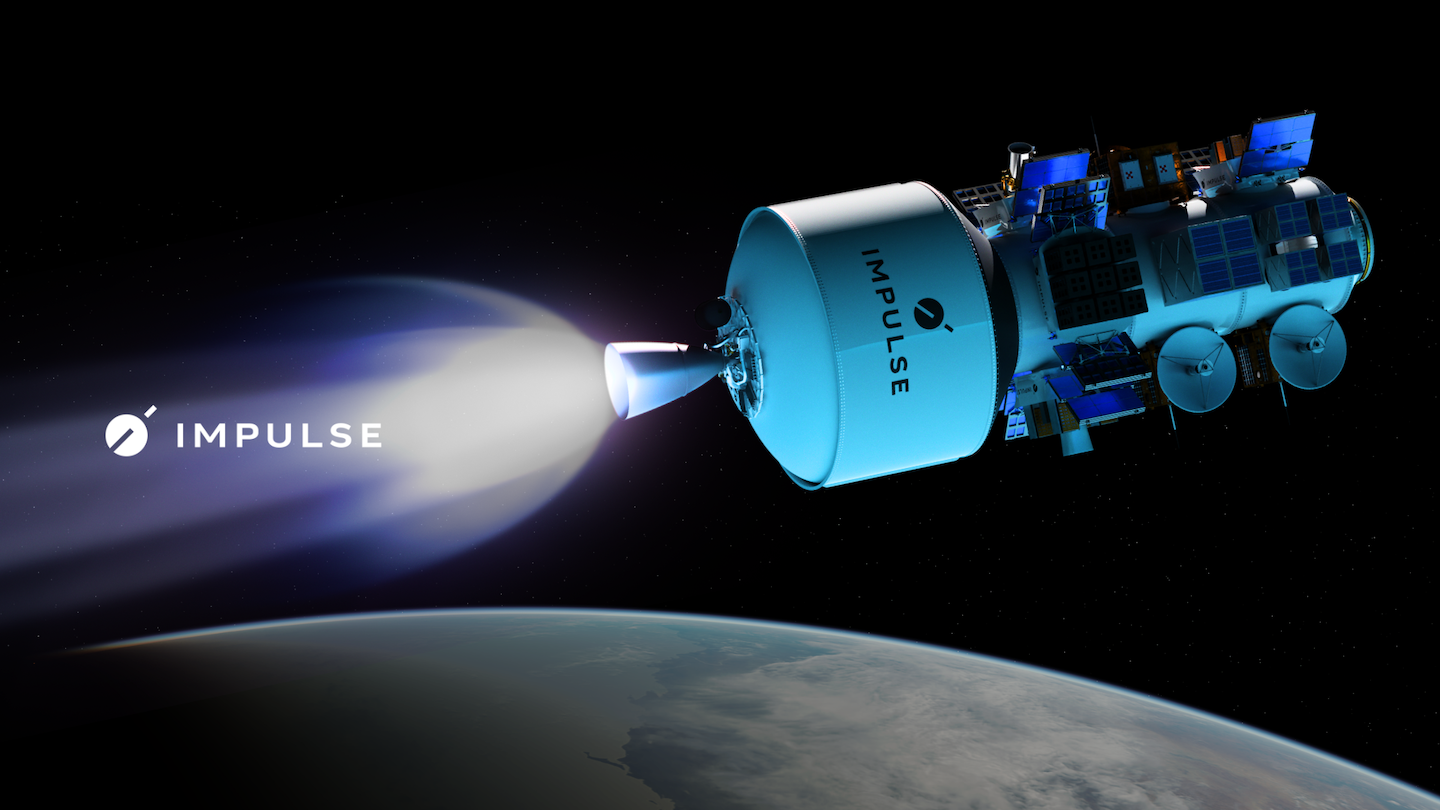Latest News

Rendering of an Impulse Space GEO rideshare mission. Photo: Impulse Space
Impulse Space has two new offerings to help satellites reach Geostationary Orbit (GEO). The company announced Tuesday it will offer a rideshare program to GEO for small satellites using its Helios kick stage starting in 2027. In addition, Impulse Space updated the design of its Mira orbital transfer vehicle to enable operations in GEO.
Impulse Space is led by CEO and founder Tom Mueller, a founding member of SpaceX who designed the Merlin engine.
In Tuesday’s announcement, Impulse Space said the Helios GEO rideshare program will deploy small satellites to GEO at a fraction of the cost available today. Mueller unveiled plans for the Helios kick stage in January. Helios is also aimed at helping traditional GEO satellites reach the orbit faster than orbit-raising or heavy-lift launch.
The first GEO rideshare mission is set to take place in 2027 on a dedicated launch vehicle. Payload ports start at 300 kg. Rideshare provider Exolaunch will work as a partner and manage rideshare availability and satellite deployment solutions.
Separately, the upgraded Mira vehicle is a solution for customers who want to focus on their payloads and host their payloads on a spacecraft. Mira can be integrated as a GEO rideshare passenger on Helios and then deliver customers to a precise location or host them on orbit.
Impulse Space launched the first Mira vehicle on a November 2023 SpaceX rideshare mission. This upgraded Mira vehicle with radiation hardening, improved avionics, and greater power supply will become the new base model.
“As access to GEO continues opening up, we’re seeing demand shift from static to dynamic operations for assets in these high-energy orbits,” Mueller commented. “Mira has demonstrated success with rapid, responsive repositioning thanks to its powerful engines, and we’re confident our updated design will meet the evolving GEO needs of our customers in commercial, scientific, and defense sectors.”
Get the latest Via Satellite news!
Subscribe Now